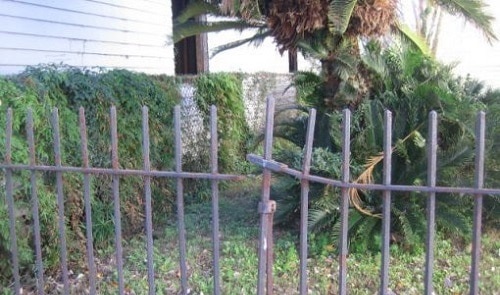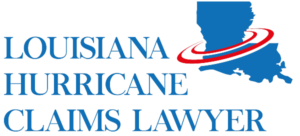Bad faith insurance claims occur when an insurance carrier breaks its duty to engage in fair dealings and act in good faith.
While many people believe that insurance carriers go out of their way to provide compensation to insured, there are actually a number of ways in which insurance carriers are known to act in bad faith.

First-Party Bad Faith
There are several acts by insurance carriers that can be found to constitute first-party bad faith claims:
- Delayed compensation. Not all compensation is immediately paid out to policyholders. In some cases, the delay of compensation can end up comprising a bad faith claim. It is important to understand, however, that in the case of hurricanes and natural disasters, it is common for the length of time that it takes to receive compensation to be extended, which likely does not constitute bad faith.
- Inadequate claim investigation. Insurance companies are sometimes known to not properly investigate an insurance claim, which can result in a policyholder pursuing a bad faith claim. In other situations, investigations that are overreaching or too intrusive can also represent a bad faith claim.
- Inadequate claim processing. In some cases, an insurance company’s inability to process a claim in an adequate amount of time is the result of bad faith. When processing a claim, insurance carriers are expected to verify that the policyholder experienced a loss, investigate the details about the occurrence and severity of the claim, determine how a policyholder’s insurance applies to an accident, and pay the policyholder compensation.
- Unreasonable denial of a claim. There are a number of reasons why an insurance company might deny a claim. Although many of these reasons are valid, insurance companies also sometimes deny claims without a valid reason, which constitutes bad faith.
Third-Party Bad Faith Claims
There are several ways in which third-party bad faith claims can be made, but some of the most common include the following:
- Failure to settle. An insurance carrier’s inability to resolve a claim against a policyholder sometimes is the result of bad faith. Courts have longed recognized an obligation on insurance companies to take a policyholder’s interests into account when settlements are involved. Failure to inform a policyholder about a settlement can, in some circumstances, also constitute bad faith.
- Failure to defend. Insurance policies almost always include a provision that an insurance carrier must defend a policyholder in actions initiated by a third party. If an insurance carrier fails to defend you in this manner, you often have the basis for a strong bad faith claim.
- Negligent handling of a claim. Insurance carriers who agree to defend a policyholder but who do so in a negligent manner are often found responsible for bad faith claims.
Speak with an Experienced Insurance Lawyer
Hopefully, it will never happen to you, but if an insurance carrier wrongfully denies your insurance claim, it is important to understand that you have a right to pursue compensation.
Contact Hurricane Lawyer today to schedule your available options to pursue compensation.

